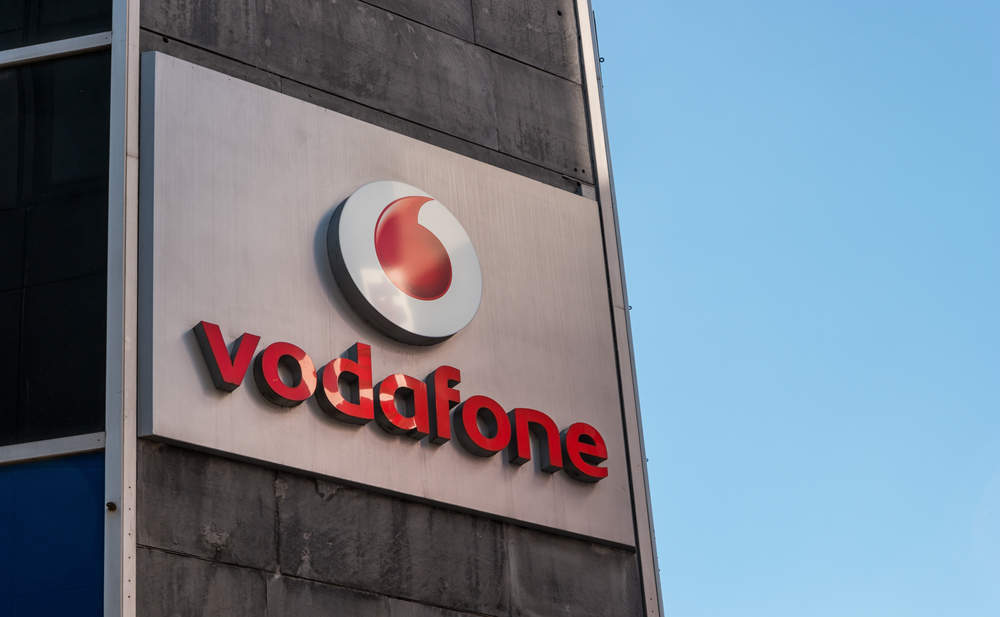
Telecoms giant Vodafone has this morning announced a $19 billion deal for much of rival Liberty Global’s European assets, in what is the company’s largest acquisition since it bought Mannesmann in 2000.
The move was first reported by the Financial Times last night and will see Vodafone — the world’s second biggest mobile operator — expand across Europe.

Access deeper industry intelligence
Experience unmatched clarity with a single platform that combines unique data, AI, and human expertise.
The deal has been in the works since February when Vodafone confirmed it was in talks to buy Liberty’s European assets.
Vodafone chief executive Vittorio Colao said:
This transaction will create the first truly converged pan-European champion of competition. It represents a step change in Europe’s transition to a gigabit society and a transformative combination for Vodafone that will generate significant value for shareholders.
We are committed to accelerating and deepening investment in next-generation mobile and fixed networks.
 GlobalData Strategic Intelligence
GlobalData Strategic IntelligenceUS Tariffs are shifting - will you react or anticipate?
Don’t let policy changes catch you off guard. Stay proactive with real-time data and expert analysis.
By GlobalData
The deal includes Unitymedia in Germany and Liberty Global’s operations in the Czech Republic, Hungary, and Romania. Vodafone said it is subject to regulatory approval but is expected to close around mid-2019.
Liberty will pocket €10.6 billion in cash from the deal.
Liberty Global owns Virgin Media, which it plans to retain, as well as its operations in Ireland.
US billionaire John Malone’s Liberty Global — which is retreating from Europe — sold its Austrian business to Deutsche Telekom, Europe’s largest telecoms provider by revenue, for €1.9 billion ($2.2 billion) in December.
Deutsche Telekom’s chief executive, Timotheus Höttges, has voiced strong opposition to the Vodafone Liberty Global deal, saying in February it was “completely unacceptable”. He said:
I do not see that this kind of concentration in the cable market can be supported from regulatory bodies.
I don’t believe that Germany wants to go into a situation like Eastern European markets, where TV markets are dominated by telco players.
The deal will be closely scrutinised by regulators in the EU and Germany, though European carriers are far more fragmented than their US peers.
In 2016, the European Union blocked the merger of CK Hutchison’s Three and Telefonica’s O2 in the UK. Then in February this year, Tim Hoettges, the former German monopoly’s chief executive officer, called for the Vodafone Liberty Global deal to be blocked.







